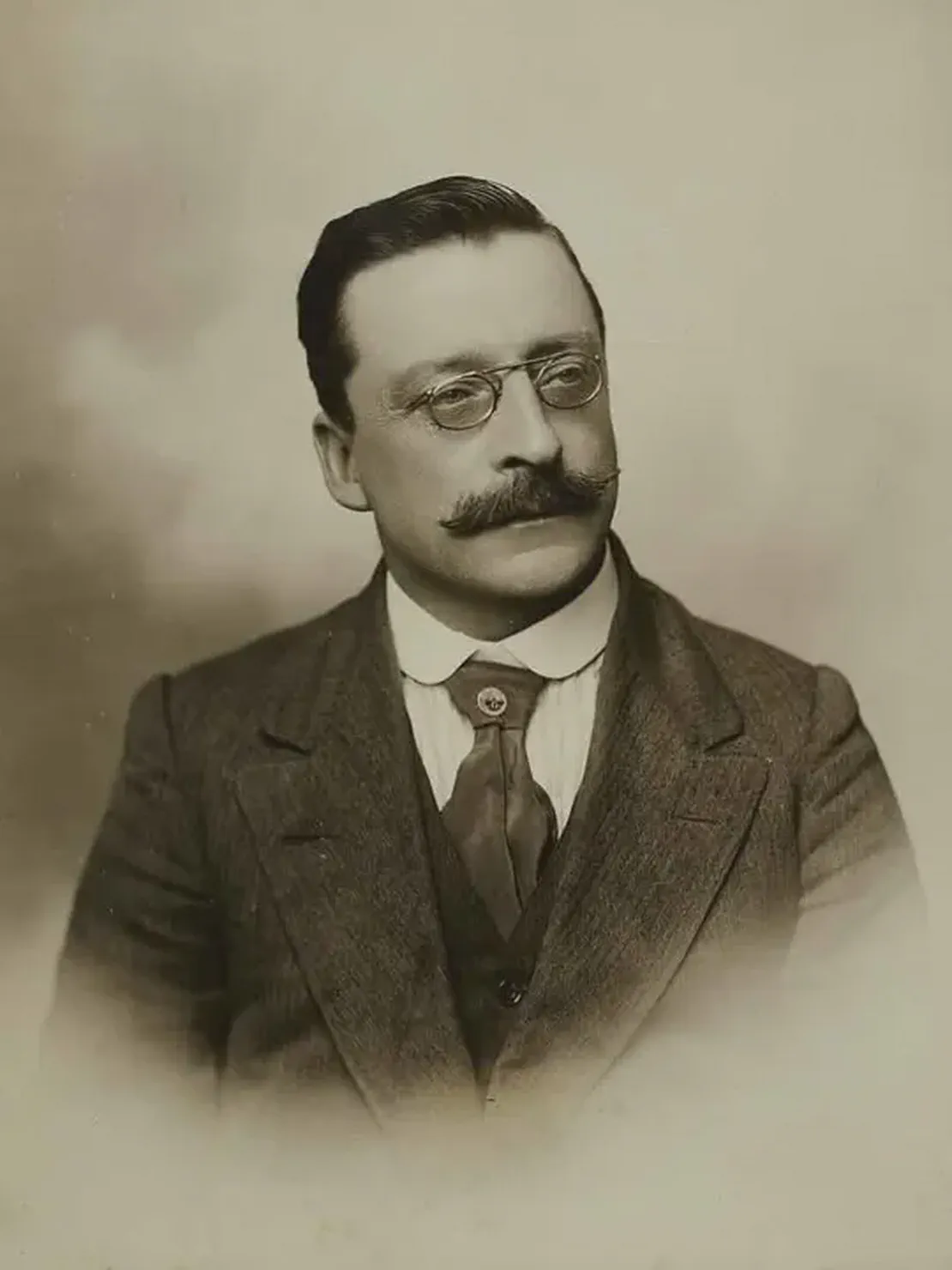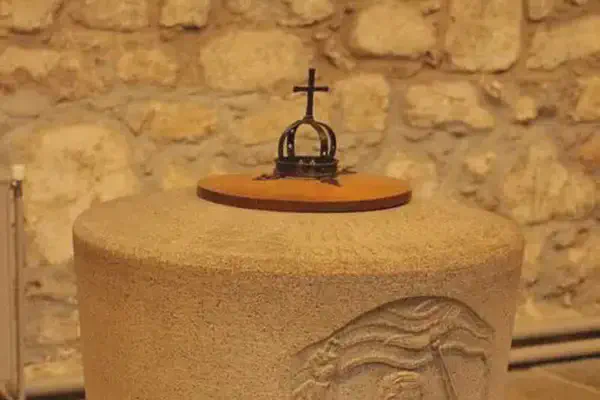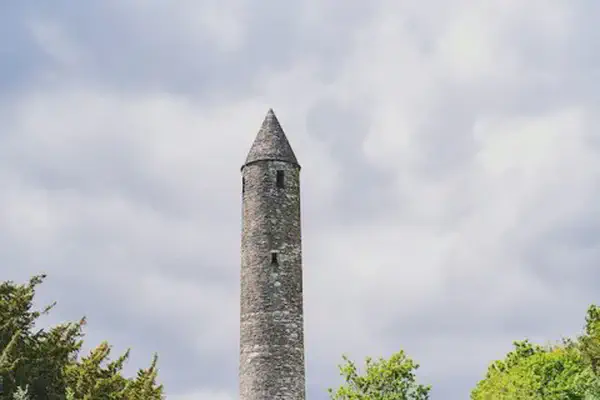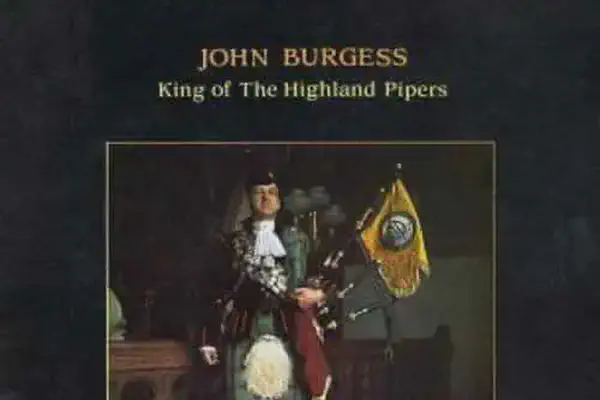On April 21, 1907 in Celtic History
The nationalist groups, cumman na n gaedheal and dungannon clubs, combine to form the sinn féin ( ourselves) league

In April 1907, Cumann na nGaedheal and the Dungannon Clubs merged as the ‘Sinn Féin League’.
Negotiations continued until August when, at the National Council annual convention, the League and the National Council merged on terms favourable to Griffith.
The resulting party was named Sinn Féin, and its foundation was backdated to the National Council convention of November 1905.
Sinn Féin (“We Ourselves”, often mistranslated as “Ourselves Alone”) is the name of an Irish political party founded in 1905 by Arthur Griffith.
Cumann na nGaedheal
Cumann na nGaedheal (Irish pronunciation: [ˈkʊmˠən̪ˠ n̪ˠə ˈŋeːl̪ˠ]; “Society of the Gaels”), was a political organisation founded in 1900 by Arthur Griffith and William Rooney. Griffith had written an article in the United Irishman newspaper in March 1900, calling for the creation of an association to bring together the disparate nationalist groups of the time, and the result was the formation of Cumann na nGaedheal in September of that year.
Dungannon Clubs
The term “Dungannon Clubs” refers to a significant historical and political development in Ireland during the late 18th century, particularly in relation to the Irish Volunteer movement. These clubs played a critical role in the early stages of Irish revolutionary activity, advocating for political reform and greater Irish autonomy from British rule.
The Dungannon Clubs emerged from the Irish Volunteers, a citizen militia initially formed in 1778 to defend Ireland against possible French invasion during a time when British military resources were heavily committed to the American Revolutionary War. The Volunteers, who were predominantly Protestant and initially loyal to the British crown, began to adopt more radical positions influenced by the American and French revolutions.
The Dungannon Convention
A pivotal moment for the Dungannon Clubs was the Dungannon Convention of 1782. Held in Dungannon, County Tyrone, this gathering of Irish Volunteers from across Ulster marked a significant shift towards nationalist sentiment. The convention issued a series of resolutions calling for Irish legislative independence, which effectively meant that the Irish Parliament, rather than the British Parliament, should have the final say on Irish matters.
Related Content

Shane Patrick Lysaght MacGowan, lead singer of the Pogues, died

St Machar Day, patron saint of Aberdeen

Oíche Shamhna - Cetlic New Year Eve (Halloween)

ALBAN ELFED (Welsh Bardic name for autumn equinox)

Feast day of St. James

John Davie Burgess, King of the Highland Pipers, died at age 71.